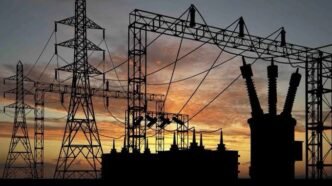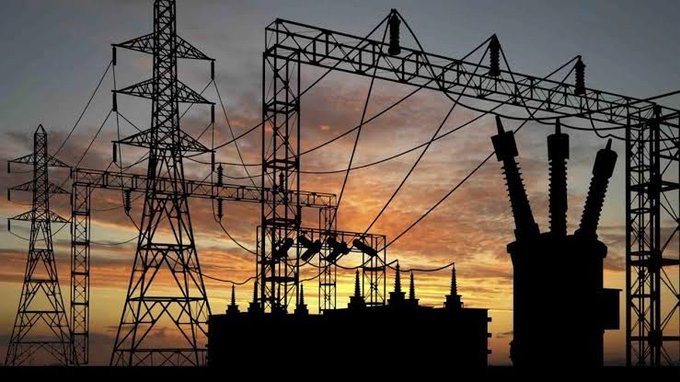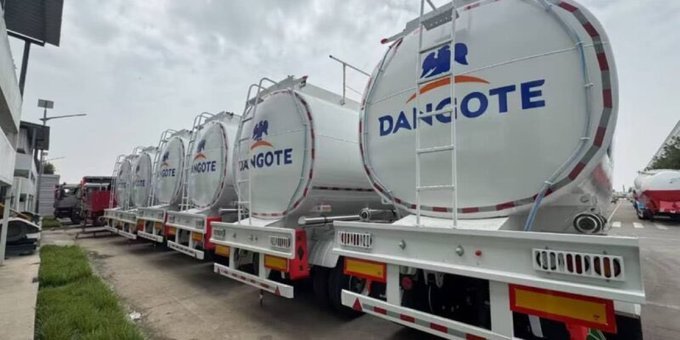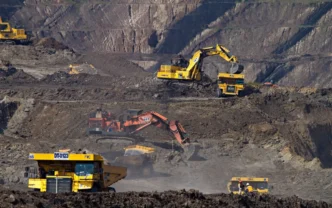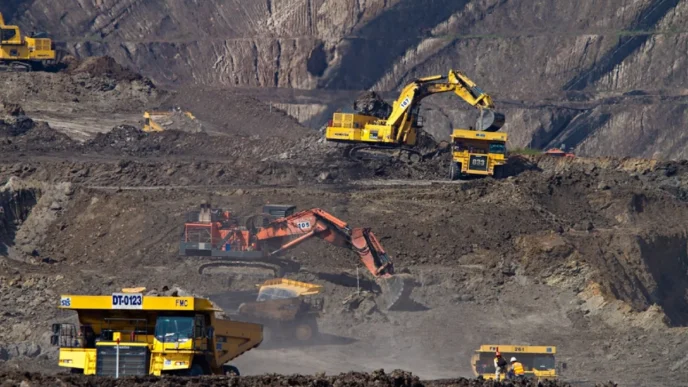Residents of Kaduna State have been thrown into darkness after the collapse of a major transmission line belonging to the Transmission Company of Nigeria (TCN). The incident, which occurred in the early hours of Saturday, has disrupted electricity supply across many parts of the state, forcing homes, businesses, and essential services to depend on alternative power sources.
The TCN confirmed the development, attributing the blackout to the collapse of one of its transmission lines that evacuates power into Kaduna and neighboring areas. According to officials, engineers have been deployed to the site to assess the level of damage and commence immediate repair works.
This latest incident comes amid growing concerns about the fragility of Nigeria’s electricity infrastructure, which has been plagued by frequent system collapses, vandalism, and poor maintenance. For many residents, the blackout underscores the broader challenges of unreliable electricity supply in the country.
Residents and Businesses Groan Under Power Outage
For Kaduna residents, the sudden blackout has brought untold hardship. Communities in Kaduna North, Kaduna South, Chikun, Igabi, Zaria, Kafanchan, and parts of Southern Kaduna have reported being in total darkness since the collapse.
Business owners, especially those who rely heavily on electricity for daily operations, are among the worst affected. Cold room operators, welders, printing presses, and tech hubs have been forced to shut down or switch to expensive diesel-powered generators. With the high cost of fuel, many say they cannot sustain operations for long.
“I run a small tailoring shop, and most of my work depends on my sewing machines. With this power failure, I have had to turn down customers because I cannot afford to keep running the generator all day,” lamented Halima Yusuf, a businesswoman in Kakuri.
Similarly, households have resorted to using lanterns, candles, and rechargeable lamps, while many complain about food items spoiling in refrigerators. The outage has also disrupted water supply in certain communities that rely on electric-powered boreholes.
TCN’s Response and Repair Efforts
The Transmission Company of Nigeria, in a statement released by its spokesperson, assured residents that repair works are already underway. According to the company, a team of engineers has been mobilized to the collapsed line to carry out urgent restoration work.
“Kaduna State is currently experiencing power outages due to the collapse of a transmission line. Our maintenance team is already on-site to rectify the situation. We appeal to residents for patience as we work tirelessly to restore supply,” the statement read.
However, no definite timeline has been given for the restoration of electricity, leaving many residents uncertain about how long the blackout may last.
Electricity Woes and the Nigerian Power Sector
The blackout in Kaduna is not an isolated case but part of a recurring national challenge. Nigeria’s power sector has long struggled with inadequate generation, poor transmission capacity, and vandalism of power infrastructure. The country has an installed generation capacity of over 13,000 megawatts but often struggles to transmit and distribute even 4,000 megawatts effectively to its over 200 million citizens.
Kaduna, one of Nigeria’s most populous states, has been especially vulnerable to outages because of its reliance on long transmission lines that often suffer faults or vandalism. Over the past few years, repeated system collapses and attacks on power installations have worsened supply to the state.
Experts say that until Nigeria strengthens its transmission network and invests in modern grid management technologies, blackouts like this will remain common.
Impact on Education, Healthcare, and Daily Life
The power outage has extended beyond homes and businesses, affecting essential services such as healthcare and education.
At the Barau Dikko Teaching Hospital in Kaduna, staff confirmed that backup generators had been running since the blackout began, but they warned that the cost of fuel could become unsustainable if the situation lingers. “Critical departments such as the operating theater and emergency ward cannot function without electricity. We are doing our best with the standby generators, but this is not a long-term solution,” said a hospital official.
Schools and universities that rely on electricity for online learning, research, and practical sessions have also been disrupted. Boarding schools have raised concerns about student welfare, as the lack of power affects lighting, water supply, and food storage.
For the average family, the blackout has compounded the already difficult cost of living crisis. With fuel prices at record highs, many households cannot afford to keep generators running.
Public Outcry and Calls for Accountability
The blackout has sparked outrage among Kaduna residents, who are demanding accountability from TCN and the Federal Government. Many took to social media platforms to vent their frustrations, tagging government officials and agencies in posts demanding urgent solutions.
Civil society groups have also weighed in, calling on the government to prioritize power sector reforms. “The frequent collapse of transmission lines is a clear indication of neglect and underinvestment. Nigerians deserve reliable electricity, and Kaduna residents should not be left in the dark,” said the Coalition for Good Governance in a press release.
Lawmakers representing Kaduna in the National Assembly have equally expressed concern, urging TCN to expedite repairs and ensure that such incidents do not recur.
Economic Consequences of the Blackout
Economists warn that the prolonged blackout in Kaduna could have ripple effects on the state’s economy. Small and medium-sized enterprises (SMEs), which form the backbone of local commerce, are particularly at risk of losses. Manufacturing companies in the industrial hubs of Kakuri and Zaria have already scaled down production, citing rising operational costs from diesel consumption.
“If this blackout lasts more than a few days, we may see layoffs and reduced productivity in critical industries,” noted Dr. Ibrahim Musa, an economic analyst. “Reliable electricity supply is the foundation of economic growth, and any disruption has a direct impact on livelihoods.”
Way Forward: Addressing Nigeria’s Power Crisis
Energy experts argue that the Kaduna blackout should serve as a wake-up call for Nigeria to prioritize energy security. Several recommendations have been put forward, including:
- Investment in Transmission Infrastructure – Upgrading existing lines, building redundancies, and expanding capacity to match growing demand.
- Decentralized Power Solutions – Encouraging renewable and mini-grid projects to reduce dependence on long transmission networks.
- Anti-Vandalism Measures – Deploying security and surveillance technology to protect power installations from sabotage.
- Policy Reforms – Strengthening regulatory frameworks to attract private sector investment into the transmission segment.
- Maintenance Culture – Regular inspections and proactive maintenance of transmission lines to prevent sudden collapses.
Until such measures are implemented, Nigerians may continue to experience disruptions that hinder both economic and social development.
Conclusion
The collapse of the TCN transmission line that plunged Kaduna State into darkness is more than just a technical failure—it is a stark reminder of the persistent challenges facing Nigeria’s power sector. From disrupted businesses and struggling hospitals to frustrated residents, the impact of the blackout is being felt across all sectors of society.
As repair efforts continue, residents are anxiously waiting for restoration, but the bigger question remains: how long will Nigerians continue to live with such an unreliable electricity system? For Kaduna, and indeed the nation, the solution lies not only in fixing broken transmission lines but also in overhauling the entire energy value chain to deliver stable, affordable, and reliable power.

